The merger of Nisa with the Co-operative Group has been about “giving partner retailers something additional and complementary, not just a takeover,” according to Nisa chief executive Ken Towle.
Speaking exclusively to Convenience Store, Towle said that in the seven months since the meger completed the main focus has been on business as usual and the addition of Co-op own-brand products into member stores, but going forward a key focus will be to use the Co-op’s expertise and membership card data to help Nisa retailers understand changing consumer trends and purchasing patterns.
“The next five years will see growth in convenience, but not equally for all operators,” he said. “There are clear trends with consumers, particularly among younger consumers who are drinking less, smoking a lot less and increasingly looking for healthy options. We need to reduce ambient and increase fresh, and move more towards meal solutions and food for today.”
He continued: “We have to respect our partners’ independence, we can’t force them to do anything, but our aim is to help our partners become more consistent and reliable in the products that shoppers want to buy, and to turn distress shopping into planned. Co-op are leaders in convenience, and a lot of that knowledge and experience is directly transferable.”
Fruit and vegetables lines under the Co-op own brand have started being delivered to stores this month, as the latest phase of the own-label roll-out. An increased focus on fresh food involves a new set of disciplines, explained Towle, but ultimately it would pay off if executed well.
“Partners should expect to see improved sales, and improved margins too due to the better mix. You would expect to see cost lines increase too, because fresh food requires more labour and more wastage, but net-net we would expect them to be more profitable.”
The combined group has already been able to make some “quick wins” according to Towle, citing reductions in the cost price of bread and milk and the ability to resist inflationary price increases in other categories. The impact of CO2 shortages was also lessened by being able to draw on the Co-op’s supplier relationships and larger stockholding, he said.
For 2019, the group is looking into third party schemes that will help partner stores meet consumer demand for home shopping and delivery, while the Co-op franchise programme is also “ready to go” with a shortlist of potential independent Nisa partners under consideration.

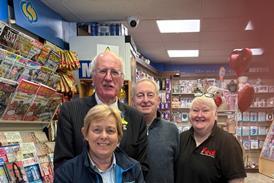






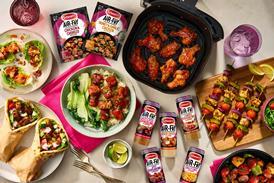











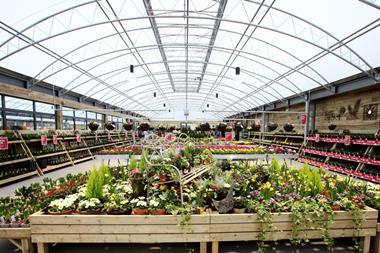
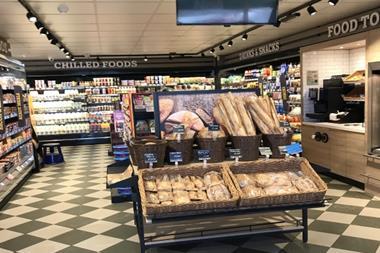









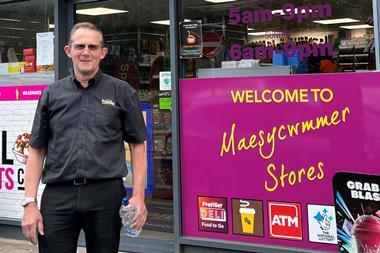
4 Readers' comments